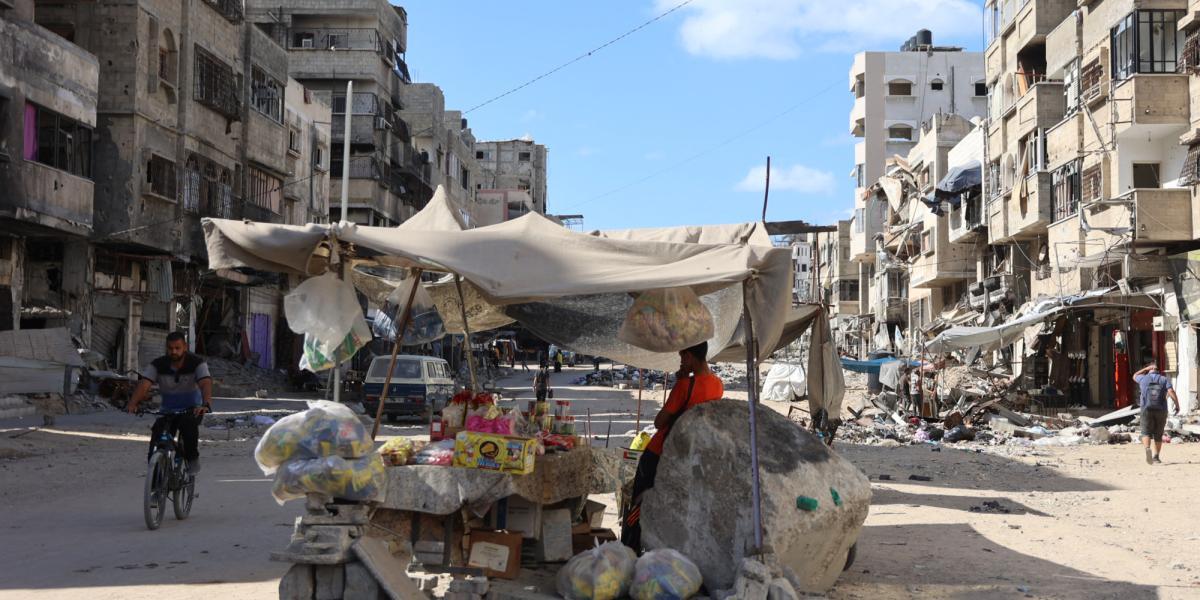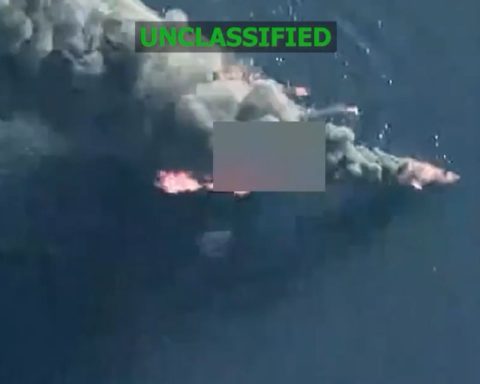The crescents tensions in Middle East They add new uncertainties to the global economy, even as monetary policymakers begin to congratulate themselves for having pulled it out of a streak of high inflation without triggering a recession.
Israel, which has been fighting with Hamas in Gazahas sent its troops to southern Lebanon after two weeks of intense air attacks, which has escalated the conflict in the Middle East.
Below we outline what we know about how all this could affect the global economy in the coming weeks.
What impact, if any, has been felt so far
A little beyond the immediate region, with the main limited effects to financial markets While investors cover their portfolios with safe haven assets, the dollar has benefited since Iran’s ballistic missile attack on Israel: the dollar index, which measures the US currency against the euro, the yen and four other major currencies, is trading around three-week highs.
Oil prices rose about 2% on Thursday on concerns that a broader conflict could interrupt crude oil flows in the regionFor example, if Israel decided to attack Iranian oil infrastructure, which in turn could trigger retaliation from Iran.
But it’s not clear that this will translate into the kind of sustained, more defined spikes that motorists are beginning to notice at the pump.
Analysts point out that USA It has large crude reserves, while the OPEC producing countries have enough spare capacity to soften the impact of shocks, at least in the short term.
How do those responsible for economic policy react?
As always, central bankers insist that their job is to look beyond unpredictable, one-off shocks to the economy and focus on deeper underlying trends. But they also cannot afford to completely ignore geopolitical events.
The governor of Bank of EnglandAndrew Bailey told The Guardian that the bank could move more aggressively to cut interest rates if inflationary pressures continue to weaken, suggesting central bankers do not see the Middle East conflict as a threat for now. important for their attempts to moderate inflation.
Bailey said there appeared to be a commitment to keeping oil markets stable, but also said the conflict could still drive up crude prices if things continue to escalate.
The deputy governor ofl Riksbank Swede Per Jansson conveyed a similar message, stating that the effects of the Middle East conflict were not yet sufficient to justify a revision of economic forecasts.
When will the impact become more evident?
The economic repercussions of an all-out war leading to broader attacks on energy infrastructure in Middle East and the Gulf regions, as well as further disruptions to trade routes through the Red Sea, would be more tangible.
Oxford Economics estimates that such a scenario would boost the price of oil to $130 and subtract 0.4 percentage points from global production growth next year, which the International Monetary Fund currently considered around 3.3 percent.

















